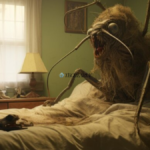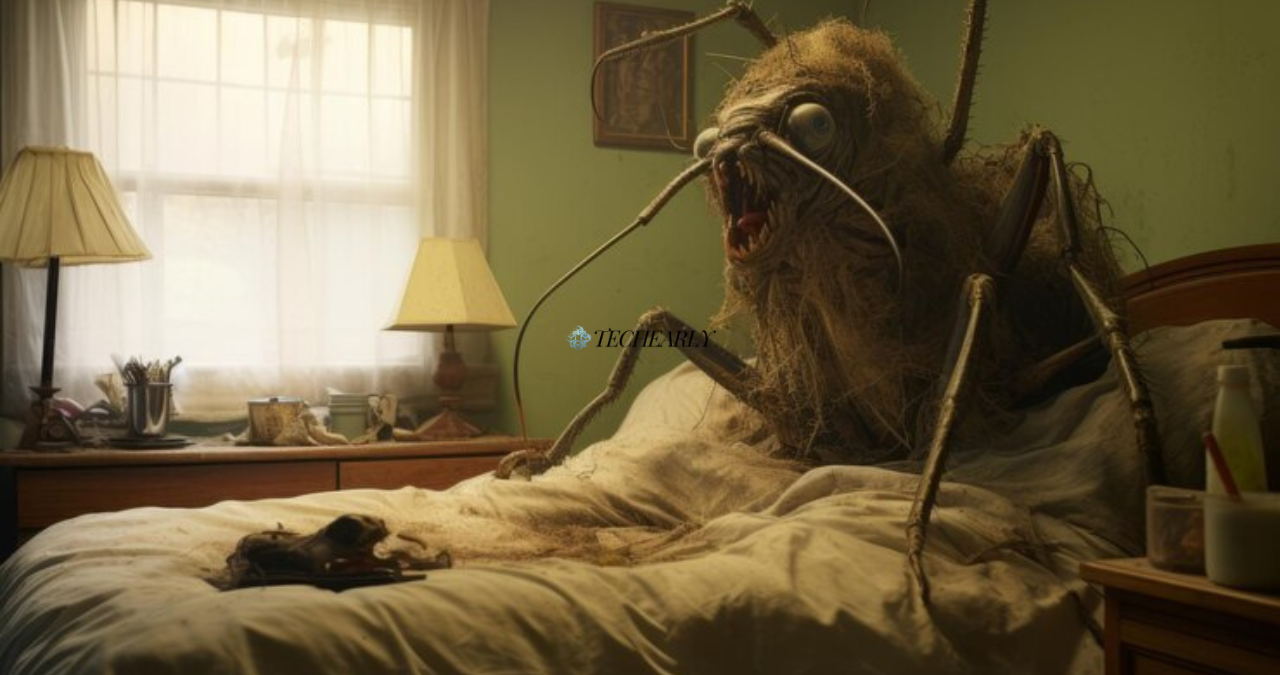Learning About the History of the C.W. Park v. USC Case
People all over the United States are very interested in the C.W. Park USC action because it is very complicated. Professor C.W. Park, a well-known professor, and the University of Southern California (USC) are accused of wrongdoing and are in court over it. As a result of this lawsuit, we can see the problems and disagreements that can happen in schools, especially when it comes to important study and intellectual property.
The case began when Professor Park, who is a well-known and respected expert in his field, said that USC had broken agreements and messed up his study. The case shows how faculty members and university administrations can disagree, especially when it comes to who owns research results and how they can be used for profit.
To fully understand this case, one must not only look at the legal arguments that were made, but also think about what these arguments mean for academia and how research is done and managed in colleges.
The Role of Intellectual Property in Research in Schools
The C.W. Park USC case is all about intellectual property (IP). IP in academia means who owns the ideas, inventions, and findings that professors and researchers make. Universities usually have rules about how to handle intellectual property (IP), since it can bring in a lot of money and improve their image.
In Professor Park’s case, the disagreement is over who owns and controls the results of his study. People who filed the case say that USC broke agreements about how to sell and distribute his work. This makes me think about how universities should handle intellectual property rights and what duties they have to their staff members.
What happens in this case could have big effects on how universities handle intellectual property (IP) and talk to researchers about contracts. It shows how important it is to have clear rules and open procedures to protect everyone’s interests.
Looking at the legal arguments in the C.W. Park v. USC case
The legal points in the USC lawsuit against C.W. Park are complicated and have many sides. Professor Park’s lawyers say that USC broke contracts and didn’t do what it was supposed to do with his study. They say that the actions of the university cost them money and hurt Park’s image.
The USC argument, on the other hand, is based on how they understand the agreements and how they follow university rules. In their defense, they say that what they did was legal and that any mistakes were caused by bad communication.
The court will have to look at many things, such as the contracts’ terms, the actions of both sides, and the effects of the claimed breaches. This case is a good lesson of how important it is to have agreements that are clear and specific in school.
What this means for university policies on IP and research
The lawsuit by C.W. Park against USC has shown how important strong university rules are when it comes to study and intellectual property. A lot of places are now looking over their processes to make sure they are fair, clear, and good for both academics and the university.
Negotiating study agreements is one of the main things that need to be done. Universities are becoming more and more aware of the need to make ownership rights, how to make money, and how to share gains very clear. Care must be taken when writing these deals to avoid disagreements and protect everyone’s interests.
Universities are also thinking about the role of oversight committees to make sure that IP rules are followed. These kinds of committees can help settle disagreements in a fair way and make sure that both the staff and the institution follow best practices.
How it affects trust in faculty and the reputation of the university
The C.W. Park USC lawsuit has caused people to talk about how staff members and university administrations should work together. Trust is very important in academia, and legal fights can hurt trust, which can lower morale and make it harder for people to work together.
This case against USC has brought attention to its rules and procedures, which could hurt its standing as a top research university. How other colleges handle similar situations and how they balance the needs of researchers with the goals of the institution could be affected by how the case turns out.
It is very important for universities to create an atmosphere of trust and openness. Institutions can improve their relationships with faculty members and create a good space for study and new ideas by responding to the concerns raised by this lawsuit.
What This Means for Academic Research in General
This case brings up important questions about the future of academic study that go beyond the specifics of the C.W. Park USC lawsuit. It shows that universities need to change with the times because collaboration, commercialization, and intellectual property (IP) are becoming more and more important in study.
The lawsuit is a good reminder that colleges need to keep looking at their rules and procedures to stay competitive and help their researchers. Universities can keep moving society forward and making a difference by creating an atmosphere that values new ideas and intellectual property rights.
This case shows how important it is for researchers to know their rights and duties when they are doing study. Academics need to take the initiative to negotiate deals and make sure that their work is properly used and protected.
What We Can Learn from the C.W. Park v. USC Case
Universities, researchers, and lawmakers can learn a lot from the C.W. Park USC lawsuit. In the first place, it stresses how important it is for academic researchers to communicate clearly and make clear decisions. Parties can avoid arguments and build good relationships by being clear about what is expected of them and their responsibilities from the start.
The second thing the case shows is that universities need to make sure their rules are clear and fair. Institutions need to make sure that their ways of managing intellectual property are fair and that staff members can have a say in what decisions are made.
Lastly, the lawsuit is a good reminder of how quickly things can change in academic study. Changes in the research environment, such as new technologies, new funding models, and changing laws, mean that universities and researchers need to be flexible and quick to respond.
Taking the next step and making partnerships stronger
Because of the C.W. Park USC lawsuit, colleges and researchers can look at how they handle research and intellectual property (IP). Schools can improve their relationships with their staff members and make spaces that encourage creativity and teamwork by studying this case.
Creating clearer rules and frameworks for study agreements could be one way to solve the problem. Universities can work with lawyers and other interested parties to create standard contracts that cover common problems and make sure that everyone has an equal amount of rights and duties.
Also, encouraging open lines of communication and dialogue between university administrations and staff members can help clear up any confusion and build trust. Universities can build a culture of teamwork and mutual respect by involving researchers in decision-making and asking for their feedback on policy development.
In conclusion
The C.W. Park USC lawsuit is a complicated case that has made people aware of how hard and complicated it can be to handle academic study and intellectual property. While the case is still going through the courts, it is a great chance for colleges and researchers to learn.
Institutions can improve their relationships with faculty members and make sure their research projects are successful by focusing on clear agreements, clear rules, and open communication. This case shows how important it is to change with the times when it comes to research and put the needs of both experts and the university first.
In the end, colleges can create places that encourage new ideas, speed up progress, and help society move forward by addressing the issues brought up by the C.W. Park USC lawsuit.











One thought on “Delving into the Intricacies of the C.W. Park USC Lawsuit”